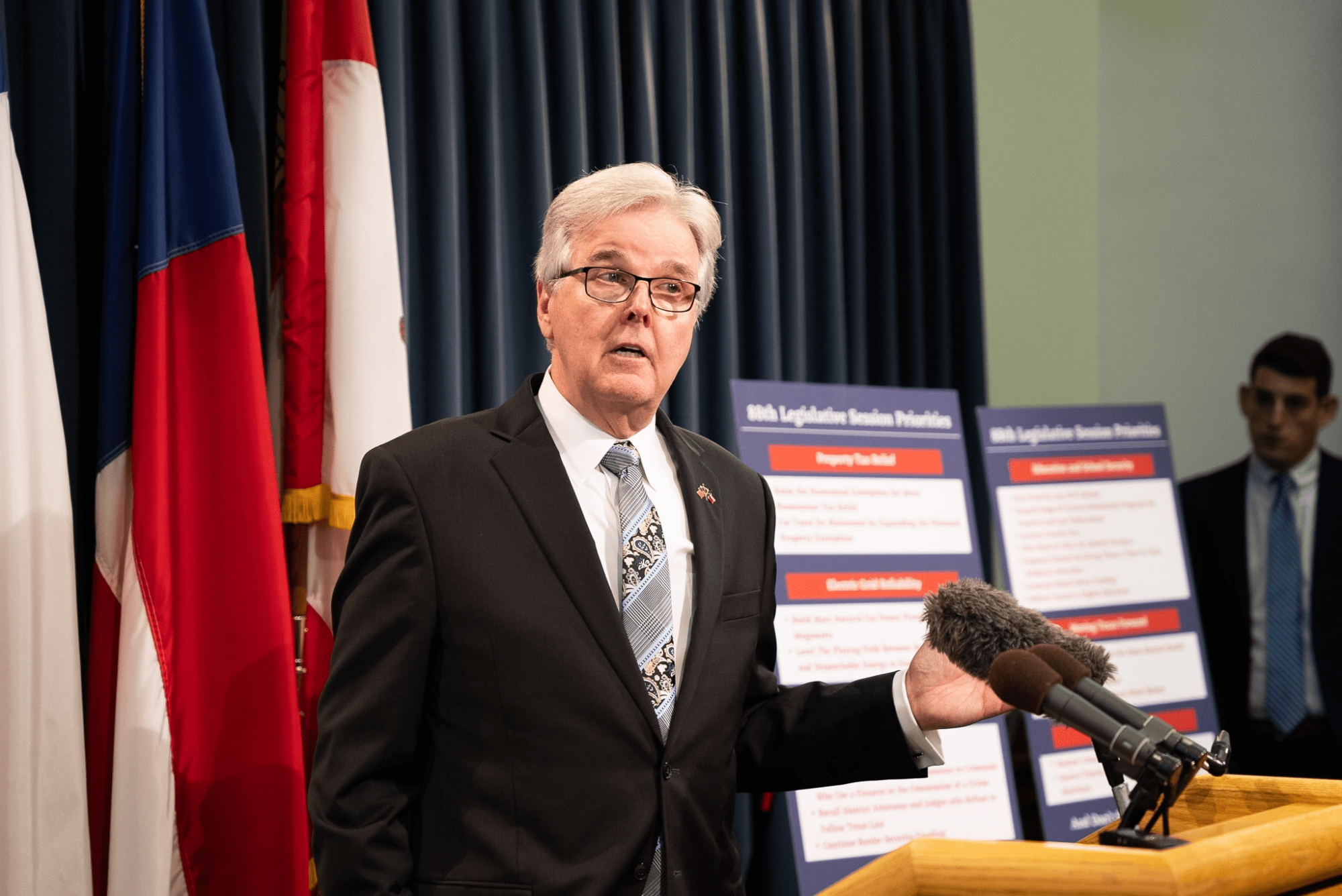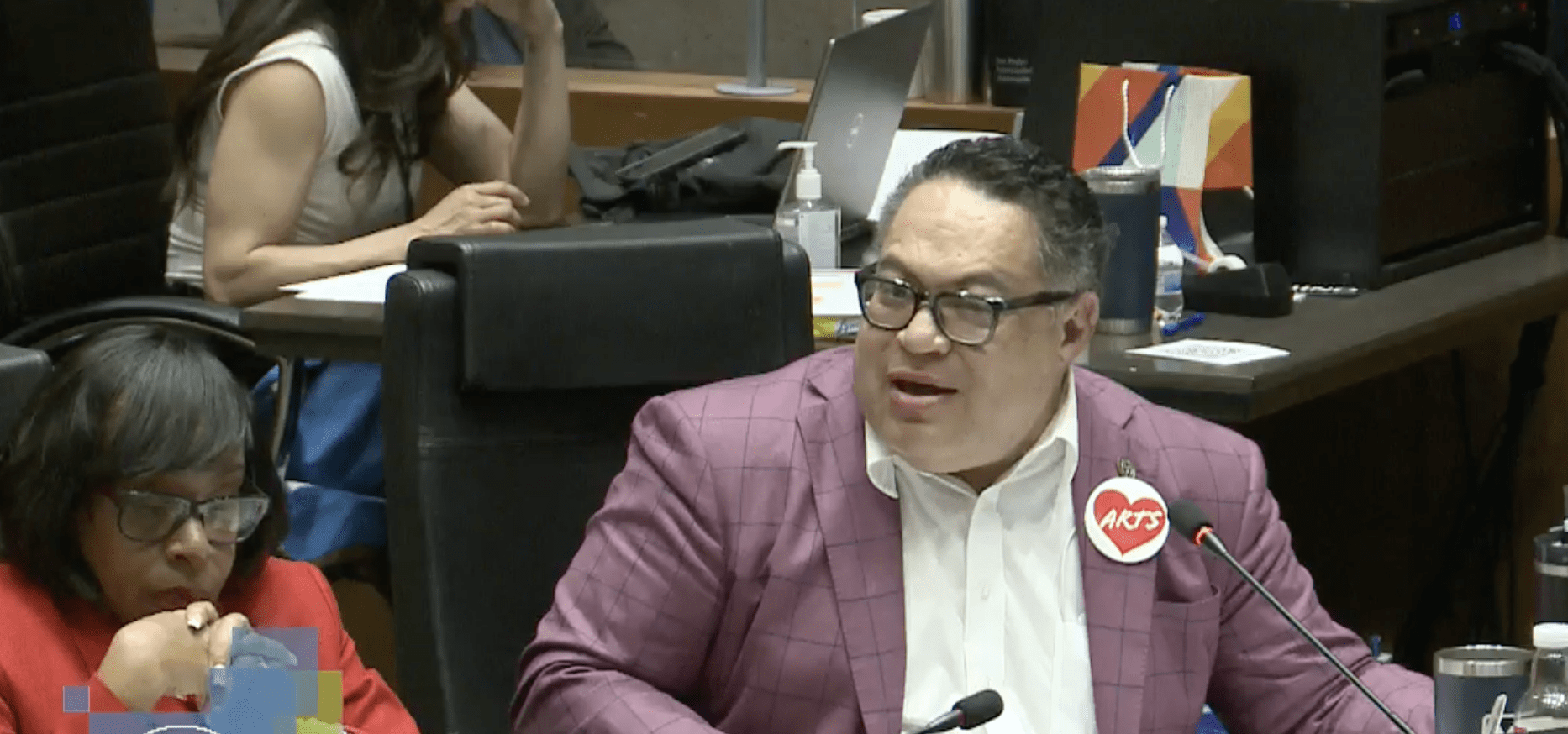Collin County’s community college district is raising taxes on residents, and that has some local taxpayers seeing red.
Collin College trustees want to raise the district’s property tax rate for 2018 to $0.081222 per $100 of taxable assessed value — less than a penny more than last year but 8.4 percent higher than the effective tax rate.
The effective rate is calculated to collect the same amount of tax revenue from the same properties taxed the prior year, adjusting downward to compensate for rising property values. Any rate higher than the effective rate results in a tax increase and higher tax bills.
The district calculates the average homeowner’s property tax bill for the college alone will be $291 annually, an extra $23 over last year. Those extra dollars add up. The district expects to take in $102 million in property tax revenue for 2018. That includes $4.5 million from new properties not taxed in 2017, which aren’t included in the effective rate calculation.
What has some upset, though, isn’t just the tax hike but the district’s plans for the extra revenue: paying off bond debt.
“The Board of Trustees proposes to use the increase in total tax revenue for the purpose of servicing outstanding general obligation bonds,” according to a public notice.
Voters approved a $600 million bond package in May of last year that authorized a debt tax of up to $0.12 per $100 valuation. At the time, trustees assured the public the enormous debt would not require a tax increase and asked voters to “trust us.”
“We believe that the plan will result in essentially no change to the overall tax rate during the term of the bonds if approved in the May 6 election,” Collin College President Neil Matkin said in a press release last February.
Wylie resident Pamela Engstrom, who supported the bond proposition, is galled district officials are going back on their promise not to raise taxes if the bond passed.
“So much for being good stewards of our money,” Engstrom wrote in a blog post last week.
Trustees note their targeted tax rate “was the rate in existence in May 2017 at the time of the bond referendum,” but that was the rate for tax year 2016. The tax rate for 2017 was set at $0.079810.
The second and final public hearing on the tax rate was held Tuesday, and trustees are set to vote on its adoption August 28.
The public also got its first look Tuesday at the district’s proposed budget for Fiscal Year 2018-2019. The college’s total expected revenue is $287.7 million. Just over half comes from property taxes; tuition and state funds each account for another 20 percent. Total spending is budgeted at $285.7 million.
Collin College isn’t the only entity raising taxes and spending. Cities and school districts throughout the county are also increasing property tax burdens on local residents.
Though some local officials are proposing tax rates that are lower than last year, the rates are higher than the effective rate — meaning more tax revenue for local governments to spend and higher tax bills for local taxpayers.
The county itself is more taxpayer-friendly. For the third year in a row, Collin County commissioners adopted a budget based on the effective tax rate. Public hearings and a final vote on the county budget and tax rate take place in September.
“This marks seven years over the past decade that Collin County has adopted the effective tax rate,” said County Judge Keith Self.
Collin College could learn from county officials about being good stewards of taxpayers’ money.
The meeting to adopt the 2018 tax rate of Collin County Community College District will be held at 7 p.m. on Tuesday, August 28, 2018, at the Collin Higher Education Center, 3452 Spur 399, McKinney, Texas in Board Room 139.





